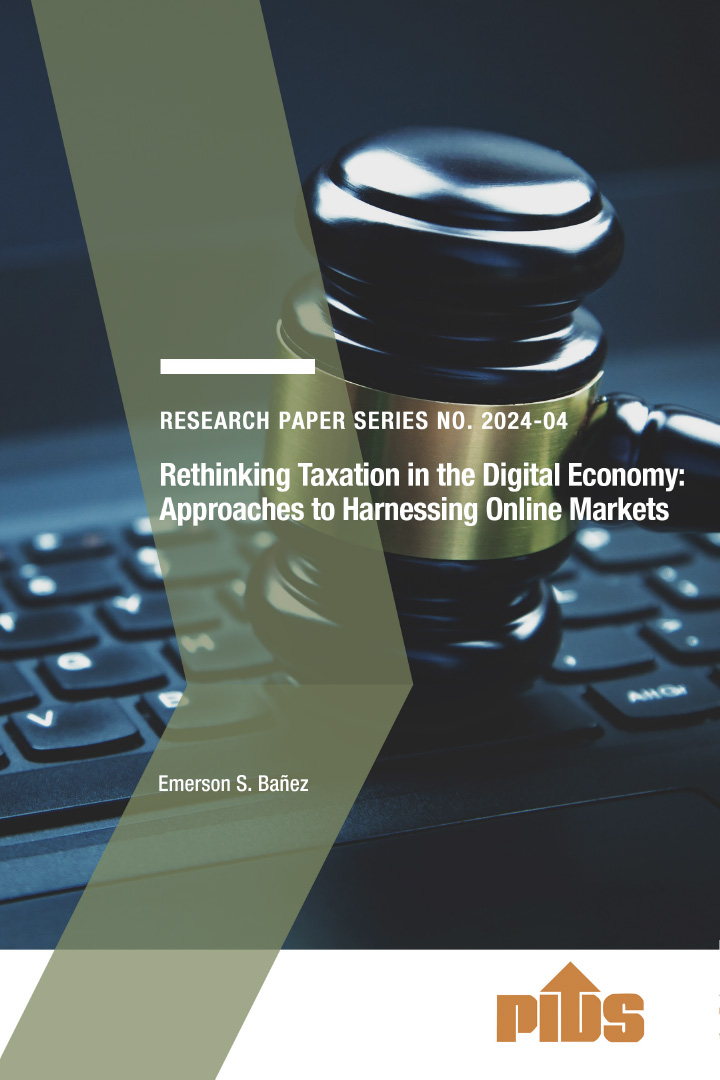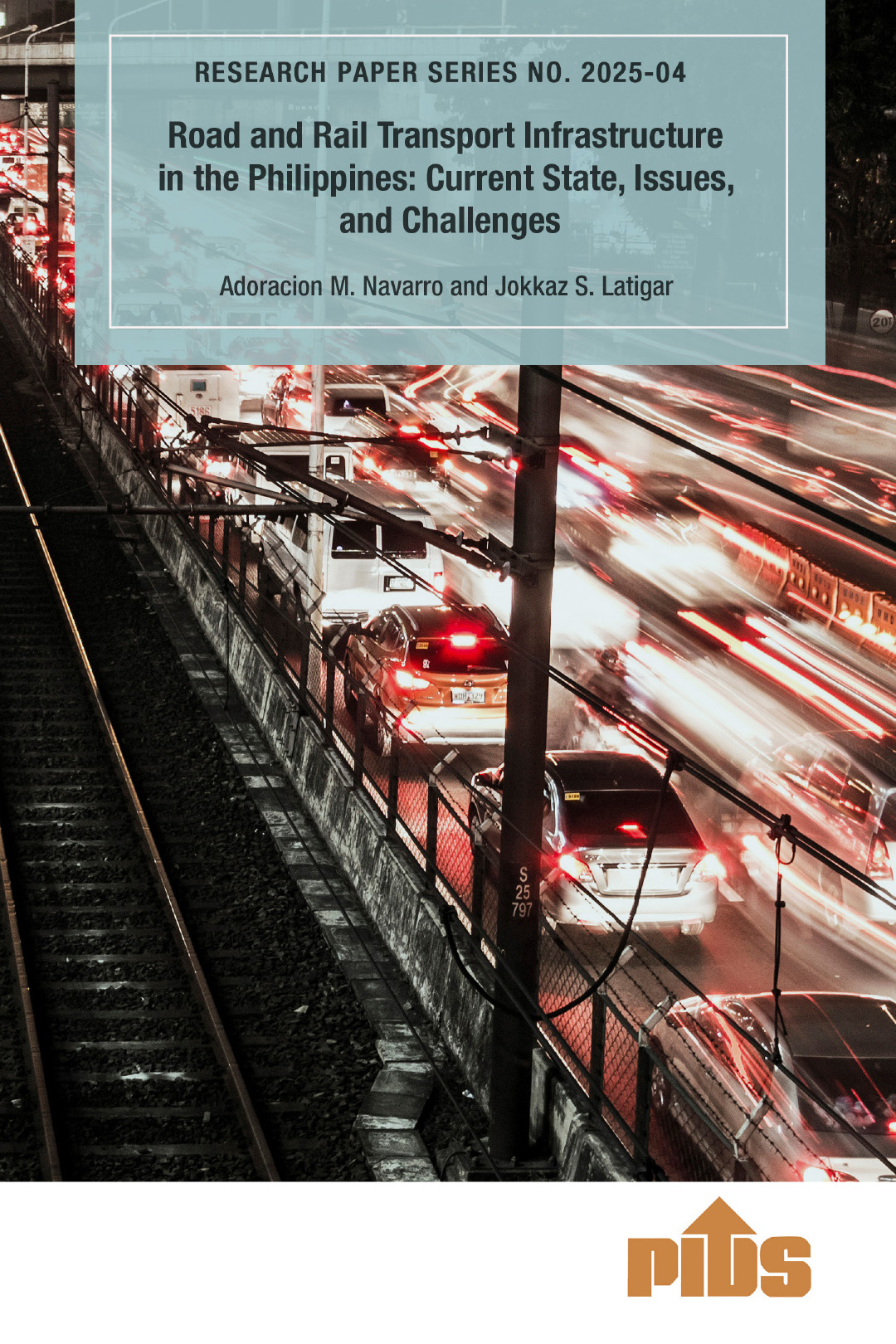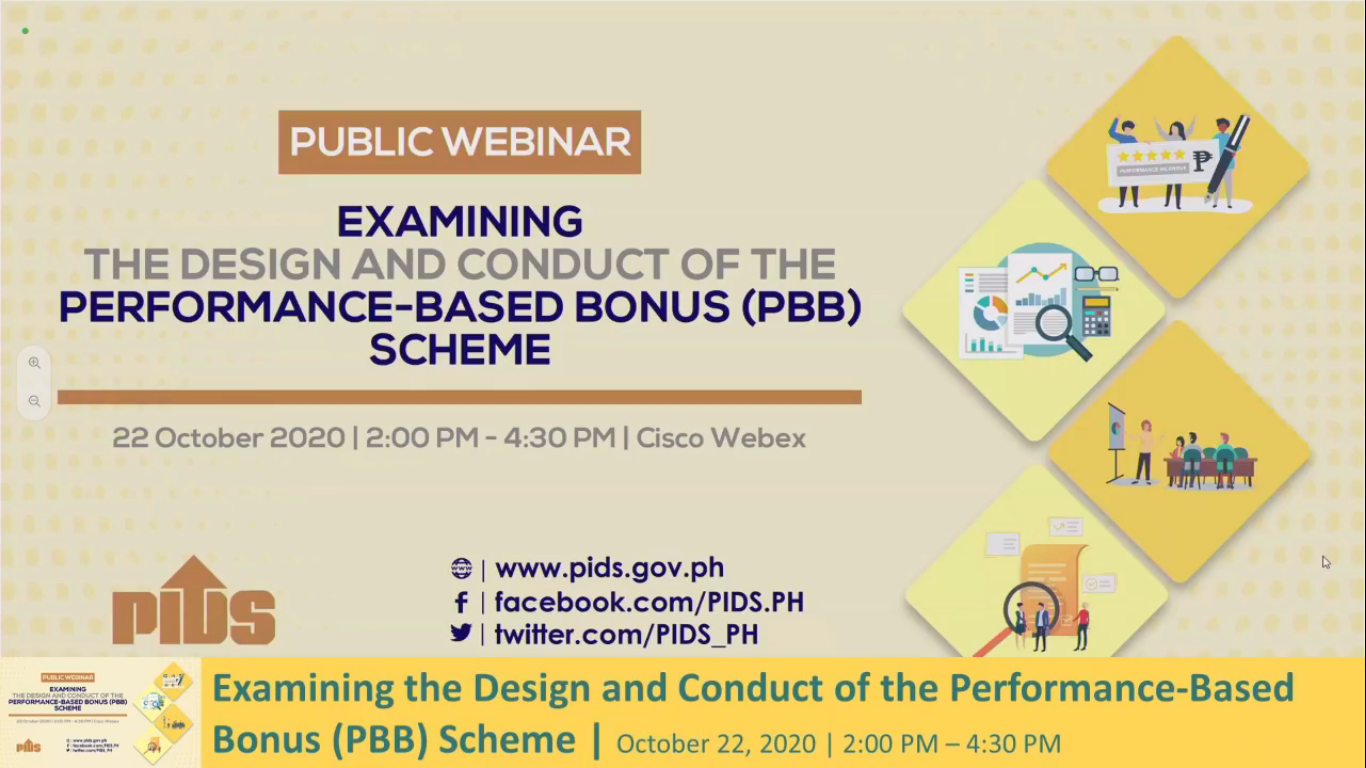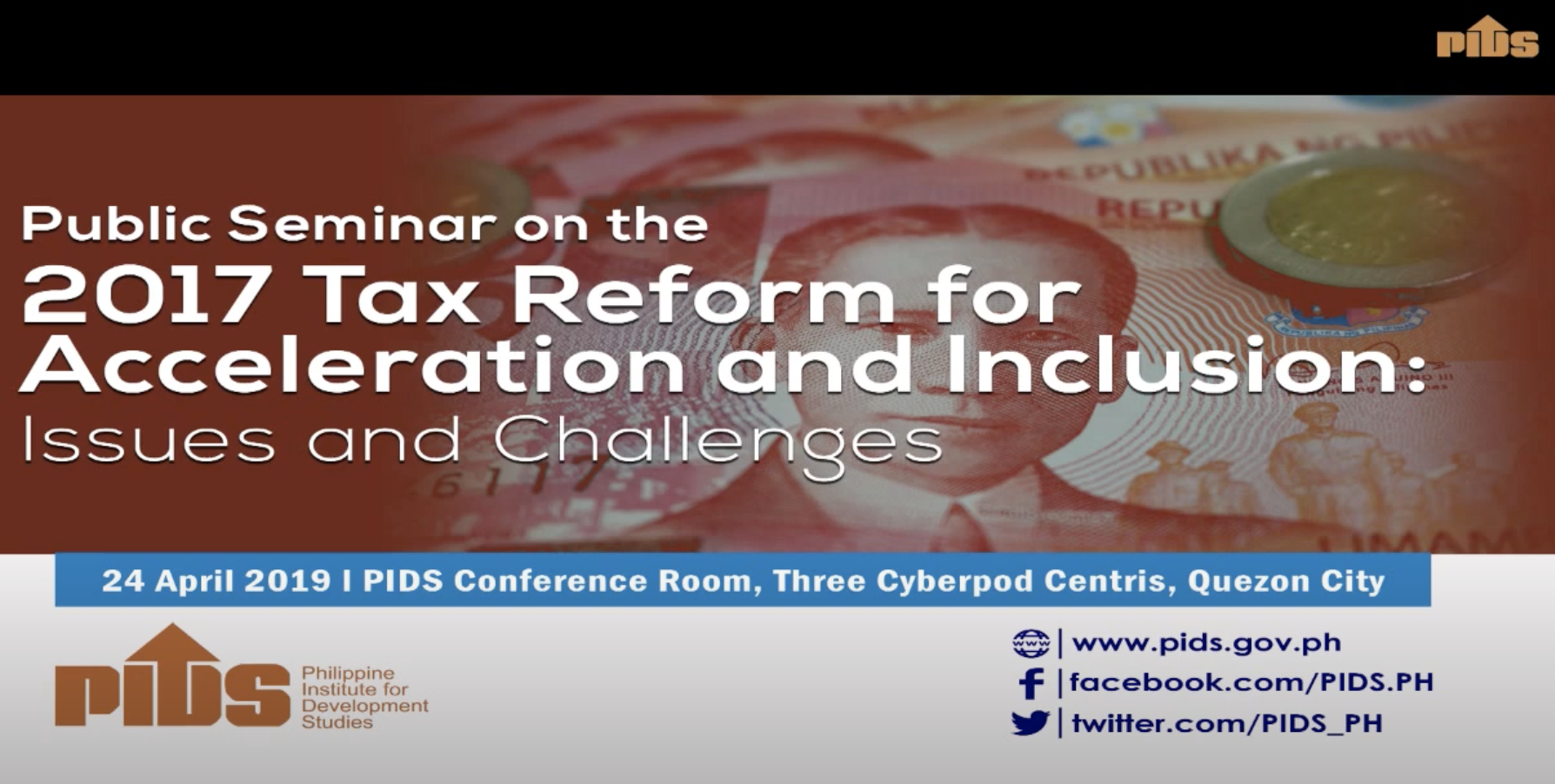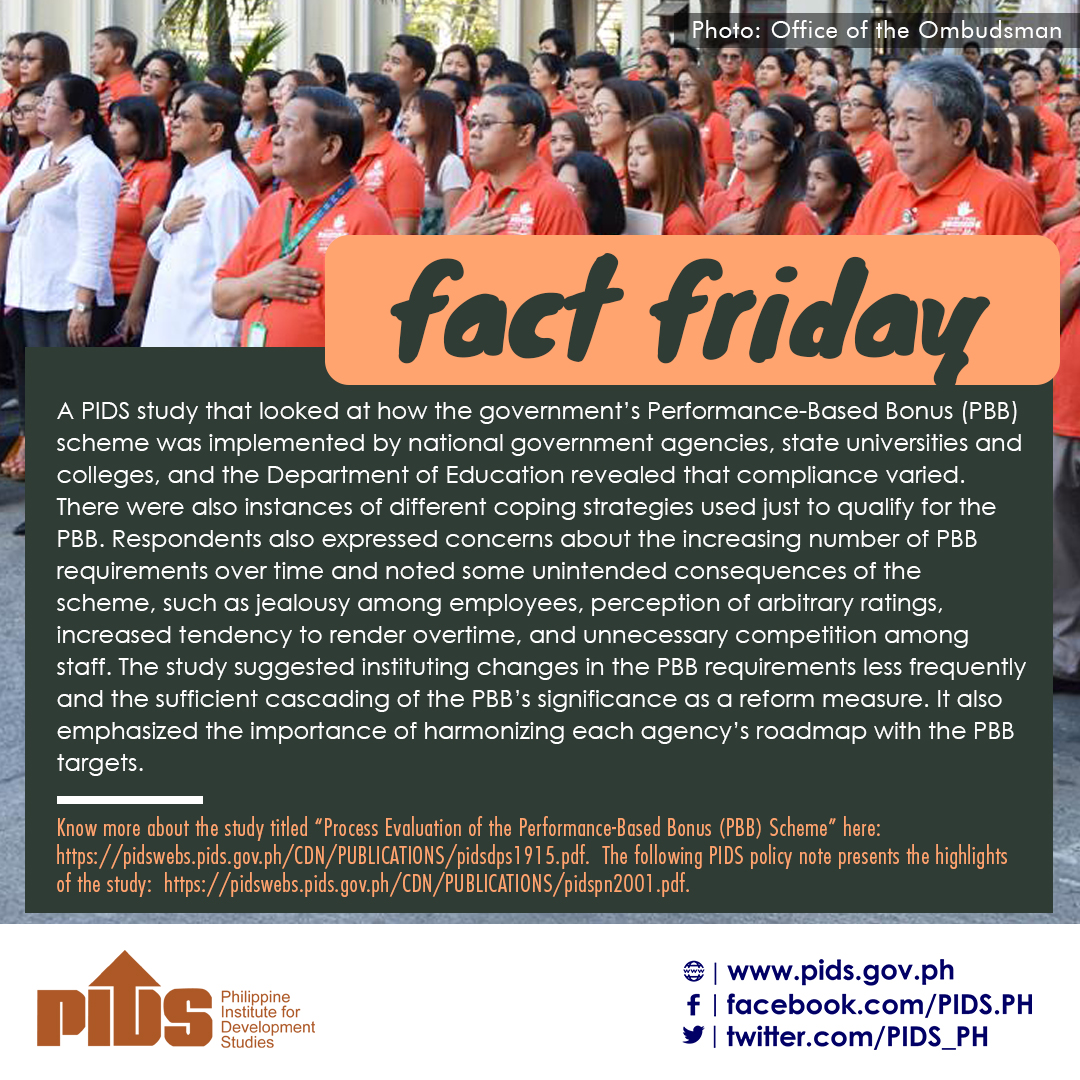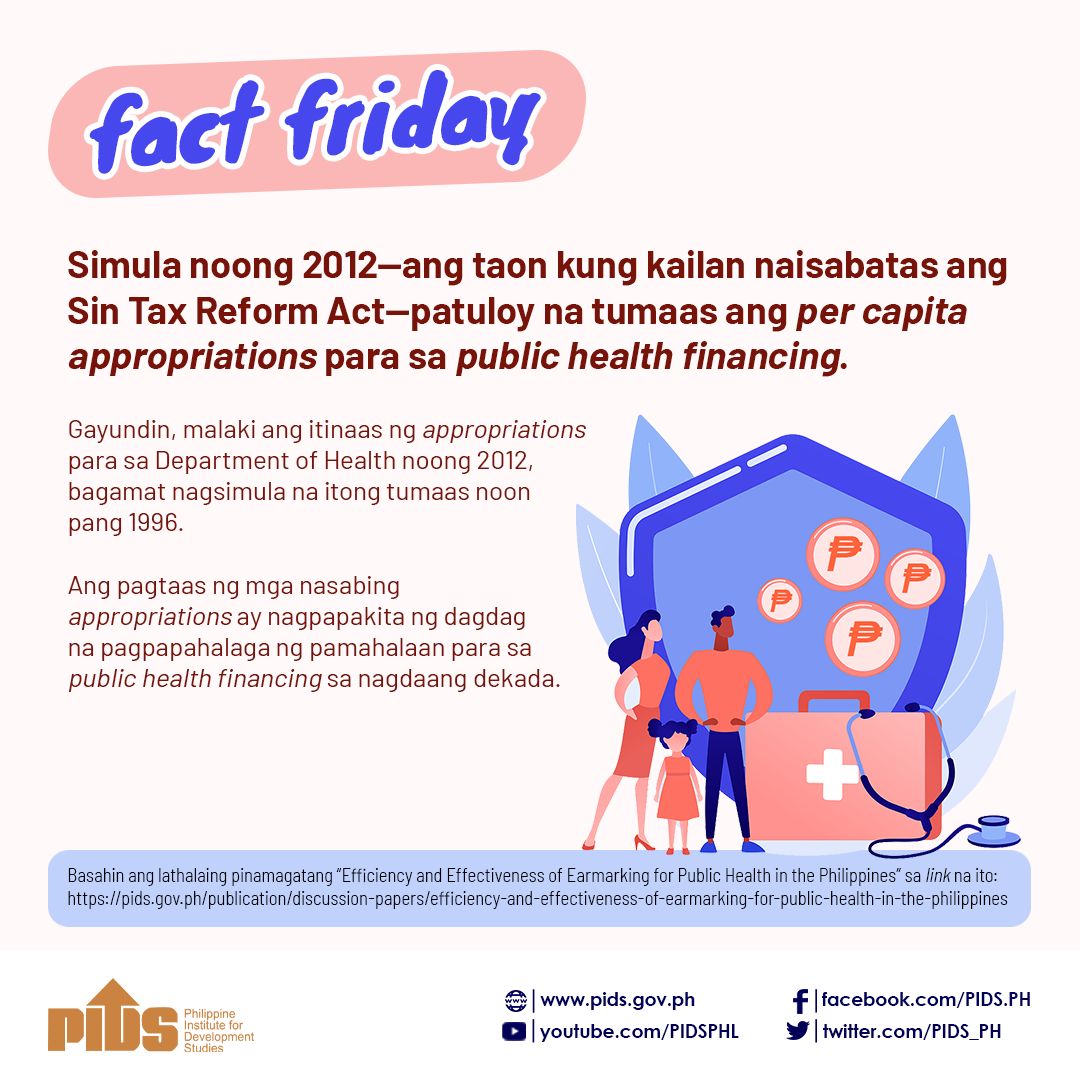The next administration would have to amend the current personal income-tax (PIT) scheme, as it is unfair to workers who are not high earners but are taxed heavily, according to experts from the government and the private sector.
In the Senate Centennial Lecture Series on Tuesday, experts from the Philippine Institute for Development Studies (Pids), Department of Finance (DOF) and the Tax Management Association of the Philippines (Tmap) all agreed that the country’s tax system needs to change.
Specifically, the country’s Pit has not been updated since 1997. This has resulted in what is called “bracket creep,” where low-income taxpayers “hurt more” than their high-income counterparts.
“Actually, there’s no debate as far as the DOF is concerned. We believe that the personal income-tax structure needs changes. Our position is that we must be fiscally responsible and we must also have compensatory measures,” said DOF Fiscal Policy and Planning Office Director Elsa Agustin.
Bracket creep, Pids Senior Research Fellow Rosario G. Manasan said, has occurred because of the “non-indexation” to inflation of Pit brackets.
This means that the coverage of each tax bracket does not take into consideration the current value of the peso.
Manasan said this presents a problem because the current value of the Philippine peso, using the 2014 Consumer Price Index (CPI), is already less than half of its value in 1998.
This means that an annual income of P210,000 a year in 2014 is only equivalent to P105,000 in 1998. Adjusting this to reflect purchasing power in 1998, Manasan said taxpayers earning P210,000 should only pay P15,500, or 14.8 percent, instead of P40,000, or 19 percent.
“Because of bracket creep, individual income taxpayers have to pay at least twice as much taxes in 2014 even if their purchasing power has not changed,” Manasan said in a presentation.
“Bracket creep is regressive—taxpayers in lower-income-tax brackets hurt more than their better-off counterparts,” she added.
Former TMAP President Rina Manuel said whoever wins in the May presidential elections must implement changes to the Pit.
This is what TMAP aimed to address in their proposed tax reform. The TMAP proposal includes a lump sum exemption of P300,000 for all taxpayers, regardless of income, gender and marital status.
A 10-percent tax on income in excess of P300,000 but not more than P500,000 will be imposed. This will gradually increase to as much as 30 percent of the excess of P2.5 million.
“We need to reform our personal-income-tax law to achieve the objectives of fairness, simplicity, broad bases and low-tax rates in doing so, we will be able to encourage greater compliance among individual tax players and consequently improve tax collection for the government,” Manuel said.
Manasan, however said, indexing tax brackets to inflation is not the only reform needed by the Pit. As early as now, she said presidential aspirants must find ways to make Pit more equitable.
She said comprehensive reform in the tax system does not only mean changing tax rates and indexing income brackets to inflation but also improving tax administration as well.
According to the senior research fellow of the Pids, this will be “crucial” not only in terms of collecting tax from individual taxpayers but from companies as well.
“It would be good for taxpayers to know where candidates stand in terms of fiscal policy and other policy issues,” Manasan said.
There are currently six proposals to amend the income tax scheme from both houses of Congress as well as the private sector through the TMAP.
These include Senate Bills 716 by Senator Ralph G. Recto; 1942 by Senator Paolo Benigno A. Aquino IV; and 2149 by Senator Juan Edgardo M. Angara.
While Manasan admitted that the government would lose revenues, she said there are “compensatory measures” that can be undertaken to make up for these losses.
She recommended increasing the value-added tax (VAT) by 1-percentage point for every P25-billion of revenue loss incurred by the government from cutting income taxes.
Manasan said augmenting government revenues is necessary because of the financing requirements needed to improve infrastructure and achieve the Sustainable Development Goals.
Since VAT is a consumption tax, she said it could also cover non-wage income earners such as those classified as self-employed who earn from the practice of a profession.
Manasan estimated that the effective PIT rates on wage earners was significantly higher at 5.3 percent compared to the effective PIT rates on self-employed and professionals at 1.5 percent using 2014 data.
Her data showed that the effective tax rate of the self-employed and professionals have been consistent at 1.5 percent since 2012 whereas the effective tax rate for wage earners has been increasing to 4.9 percent in 2012, 5 percent in 2013, and 5.3 percent in 2014 from 4.7 percent in 2011.//
In the Senate Centennial Lecture Series on Tuesday, experts from the Philippine Institute for Development Studies (Pids), Department of Finance (DOF) and the Tax Management Association of the Philippines (Tmap) all agreed that the country’s tax system needs to change.
Specifically, the country’s Pit has not been updated since 1997. This has resulted in what is called “bracket creep,” where low-income taxpayers “hurt more” than their high-income counterparts.
“Actually, there’s no debate as far as the DOF is concerned. We believe that the personal income-tax structure needs changes. Our position is that we must be fiscally responsible and we must also have compensatory measures,” said DOF Fiscal Policy and Planning Office Director Elsa Agustin.
Bracket creep, Pids Senior Research Fellow Rosario G. Manasan said, has occurred because of the “non-indexation” to inflation of Pit brackets.
This means that the coverage of each tax bracket does not take into consideration the current value of the peso.
Manasan said this presents a problem because the current value of the Philippine peso, using the 2014 Consumer Price Index (CPI), is already less than half of its value in 1998.
This means that an annual income of P210,000 a year in 2014 is only equivalent to P105,000 in 1998. Adjusting this to reflect purchasing power in 1998, Manasan said taxpayers earning P210,000 should only pay P15,500, or 14.8 percent, instead of P40,000, or 19 percent.
“Because of bracket creep, individual income taxpayers have to pay at least twice as much taxes in 2014 even if their purchasing power has not changed,” Manasan said in a presentation.
“Bracket creep is regressive—taxpayers in lower-income-tax brackets hurt more than their better-off counterparts,” she added.
Former TMAP President Rina Manuel said whoever wins in the May presidential elections must implement changes to the Pit.
This is what TMAP aimed to address in their proposed tax reform. The TMAP proposal includes a lump sum exemption of P300,000 for all taxpayers, regardless of income, gender and marital status.
A 10-percent tax on income in excess of P300,000 but not more than P500,000 will be imposed. This will gradually increase to as much as 30 percent of the excess of P2.5 million.
“We need to reform our personal-income-tax law to achieve the objectives of fairness, simplicity, broad bases and low-tax rates in doing so, we will be able to encourage greater compliance among individual tax players and consequently improve tax collection for the government,” Manuel said.
Manasan, however said, indexing tax brackets to inflation is not the only reform needed by the Pit. As early as now, she said presidential aspirants must find ways to make Pit more equitable.
She said comprehensive reform in the tax system does not only mean changing tax rates and indexing income brackets to inflation but also improving tax administration as well.
According to the senior research fellow of the Pids, this will be “crucial” not only in terms of collecting tax from individual taxpayers but from companies as well.
“It would be good for taxpayers to know where candidates stand in terms of fiscal policy and other policy issues,” Manasan said.
There are currently six proposals to amend the income tax scheme from both houses of Congress as well as the private sector through the TMAP.
These include Senate Bills 716 by Senator Ralph G. Recto; 1942 by Senator Paolo Benigno A. Aquino IV; and 2149 by Senator Juan Edgardo M. Angara.
While Manasan admitted that the government would lose revenues, she said there are “compensatory measures” that can be undertaken to make up for these losses.
She recommended increasing the value-added tax (VAT) by 1-percentage point for every P25-billion of revenue loss incurred by the government from cutting income taxes.
Manasan said augmenting government revenues is necessary because of the financing requirements needed to improve infrastructure and achieve the Sustainable Development Goals.
Since VAT is a consumption tax, she said it could also cover non-wage income earners such as those classified as self-employed who earn from the practice of a profession.
Manasan estimated that the effective PIT rates on wage earners was significantly higher at 5.3 percent compared to the effective PIT rates on self-employed and professionals at 1.5 percent using 2014 data.
Her data showed that the effective tax rate of the self-employed and professionals have been consistent at 1.5 percent since 2012 whereas the effective tax rate for wage earners has been increasing to 4.9 percent in 2012, 5 percent in 2013, and 5.3 percent in 2014 from 4.7 percent in 2011.//

